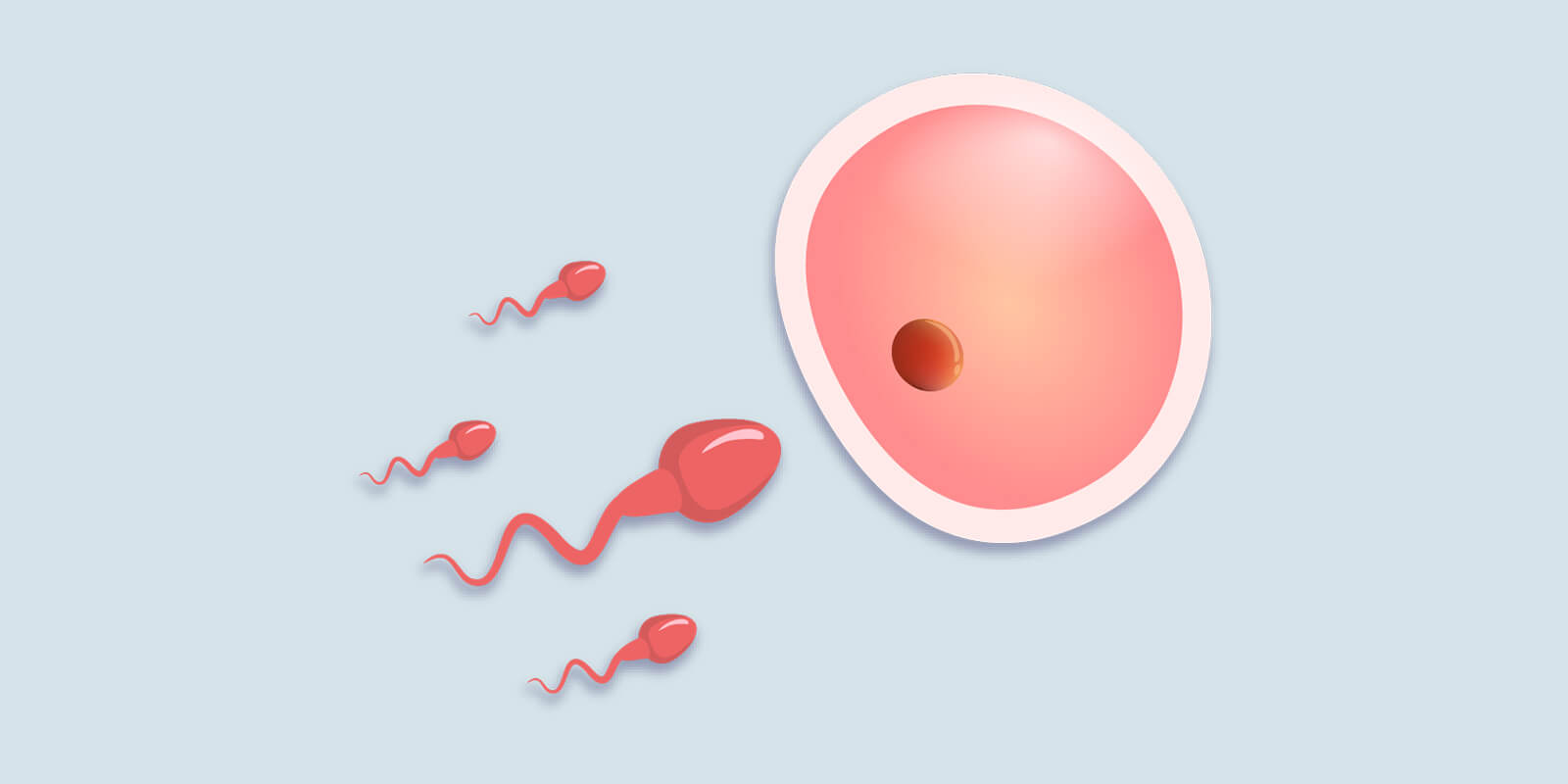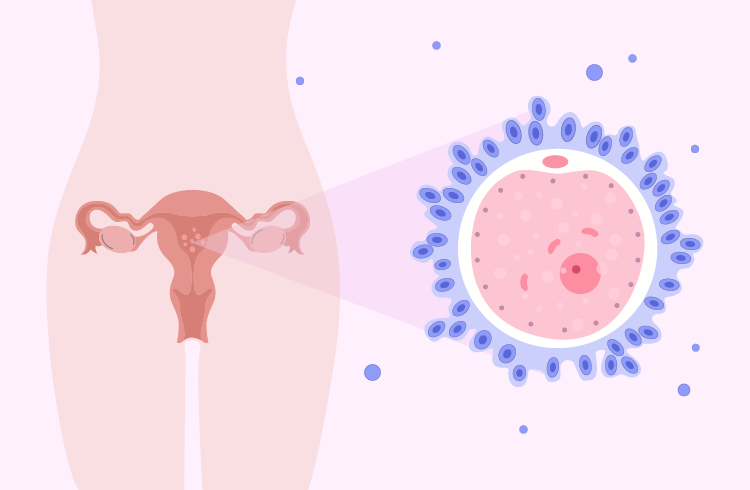Why Is Spring a Good Time to Try and Conceive?
Increased Sunlight Exposure: Longer days and more sunlight during spring can positively influence hormonal balance, particularly melatonin and serotonin, potentially regulating menstrual cycles for women and supporting overall reproductive health for men.

1. Boost in Vitamin D Levels:
Sun exposure aids in the body's natural production of vitamin D, which has links to reproductive health for both men and women. Optimal levels of vitamin D are associated with better fertility outcomes.
2. Mood Enhancement:
Spring often brings a brighter and more cheerful atmosphere, benefiting the mental and emotional well-being of both partners. Positive emotions and reduced stress can have favorable effects on reproductive health and conception.
3. Warmer Temperatures:
Colder temperatures can sometimes impact sperm quality. Spring's milder weather may contribute to a more comfortable and conducive environment for reproductive processes for both men and women.
Tips for Increasing Your Fertility
As you embrace the spirit of spring and embark on your trying-to-conceive (TTC) journey, incorporating healthy habits can enhance your fertility. Here are some tips to consider:
1. Eat a Healthier Diet:

Spring is the perfect time to load up on fresh fruits and vegetables. Opt for a balanced diet rich in nutrients like folate, iron, and antioxidants, which play crucial roles in reproductive health.
2. Take Prenatal Vitamins:
Begin supplementing with prenatal vitamins that contain essential nutrients like folic acid, vitamin D, and omega-3 fatty acids. These contribute to a healthy reproductive system.
3. Get Out in the Sun:

Take advantage of the increased sunlight in spring. Sun exposure helps regulate circadian rhythms and supports the body's natural production of vitamin D, which is linked to fertility.
4. Get Active:
Regular exercise promotes fertility by reducing stress, maintaining a healthy weight, and improving overall reproductive health.
5. Prioritize Good Sleep:
Quality sleep is vital for reproductive health. Establish a consistent sleep routine to ensure you get enough rest each night, promoting hormonal balance and overall well-being.
6. Stop Drinking and Smoking:
Eliminate or reduce alcohol and tobacco consumption. Both substances can negatively impact fertility, so spring is an excellent time to make healthier choices.
7. Track Ovulation:
Track your ovulation using methods like temperature charting or ovulation predictor kits to identify your fertile window accurately.
When Should You Have Sex?

1. Find Your Most Fertile Days:
Utilize ovulation tracking methods to pinpoint your most fertile days. This can include tracking basal body temperature, cervical mucus, or using ovulation predictor kits.
2. Track Your Ovulation:
Understanding when you ovulate helps you identify the days when conception is most likely. Charting your menstrual cycle provides valuable insights into your fertility.
Related Products: Femometer Ovulation Trackers
3. Have Sex Regularly on Your Most Fertile Days:
Aim to engage in regular intercourse during your fertile window. Sperm can survive in the female reproductive tract for 4-5 days, increasing the likelihood of sperm being present when the egg is released.
This article is the original creation of Femometer. All rights reserved by Femometer Inc. To reproduce, distribute, or reference the content, please reach out to us in advance to prevent any potential legal issues. Copyright © Femometer Inc.











